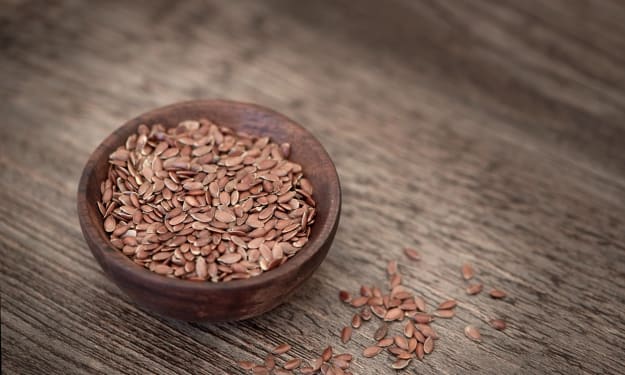Can Coffee Protect You From Brain Disease?
Discover the truth about your favorite beverage

Who doesn’t love their daily cup of joe? Coffee may be the most loved beverage of all time, and that’s saying something given tea’s lengthy beloved history in Europe and Asia. Regardless which beverage is more popular, there may be more reason than ever to love your daily brew. That’s because a growing body of research continues to show the many health benefits offered by coffee, including the possibility of improving your brain health.
While the debate about coffee's brain health benefits have been underway for decades, exciting new research may end the argument once and for all. And, coffee lovers will have yet another reason to celebrate over their cup of joe (that is, in addition to the delicious taste and energy-enhancing ones you’re probably already aware of). The study published in the Proceedings of the National Academy of Sciences found that coffee may help prevent brain disease.
According to the scientists, there are two compounds in coffee that work together to reduce the substances in the brain that are linked to Parkinson's disease (known as alpha-synuclein). You’ve already heard of one of the compounds—caffeine. But, chances are you’ve never heard of the other one: eicosanoyl-5-hydroxytryptamide (EHT). And, don’t worry if you can’t remember its name. You don’t need to recall its complex scientific name to start benefiting from its brain health properties.
In the past, caffeine has gotten most of the credit for java’s brain health benefits, but people who drank decaffeinated coffee often had similar benefits as those who opted for coffee with caffeine. While coffee has hundreds of phytochemicals, which are literally plant-based compounds that offer health benefits, the new study shows that EHT may be one of the main ones involved in the beverage’s brain benefits.
EHT is found in the naturally-occurring waxy coating on coffee beans. It is a fatty acid derivative of the brain messenger chemical known as serotonin. Earlier research published in the journal Neurotherapeutics found that it protects brain cells, and has anti-inflammatory properties.
Parkinson’s disease is a disorder of the nervous system that affects movement. The condition develops gradually, and usually starts with barely noticeable tremors in one hand. Tremors are the most known sign of the disease, but the condition also causes stiffness or slowing of movement, lack of expression, and slurred speed. While there is no known cure for the disease, diet, and lifestyle may help slow the condition, and improve quality of life for suffers.
And your daily brew might not just help protect your brain, other research supports its anti-cancer benefits too. According to a study published in the medical journal Scientific Reports, your daily cup of joe may significantly reduce your cancer risk too. The scientists discovered that people who drank coffee on a daily basis had a reduced risk of seven different types of cancer, including: oral, pharynx, liver, colon, melanoma, prostate, and endometrial cancers. And coffee even reduced the risk of liver cancer by a whopping 50 percent.
To truly benefit from coffee’s brain health effects, you’ll need to make sure you choose organic beans or blends since many of the pesticides sprayed on coffee have neurotoxic effects (they are poisonous to brain cells). You’ll also want to stay clear of the artificial sweeteners since they have been linked to a whole host of health problems. And, forget loading up on sugar, trans-fat-loaded creamers, and flavored syrups as they simply negate many of coffee’s benefits.
If you’ve enjoyed learning about the exciting ways coffee can boost your brain health and help you reduce your cancer risk, consider buying me a coffee to help me do the same. Thanks! Enjoy you daily joe!
About the Creator
Dr. Michelle Schoffro Cook
I'm an international bestselling & 21-time health and cookbook author, popular blogger for 10+ years on Care2.com, dr. of natural medicine, nutritionist, recipe developer, & founder of FoodHouseProject.com and DrMichelleCook.com.






Comments
There are no comments for this story
Be the first to respond and start the conversation.